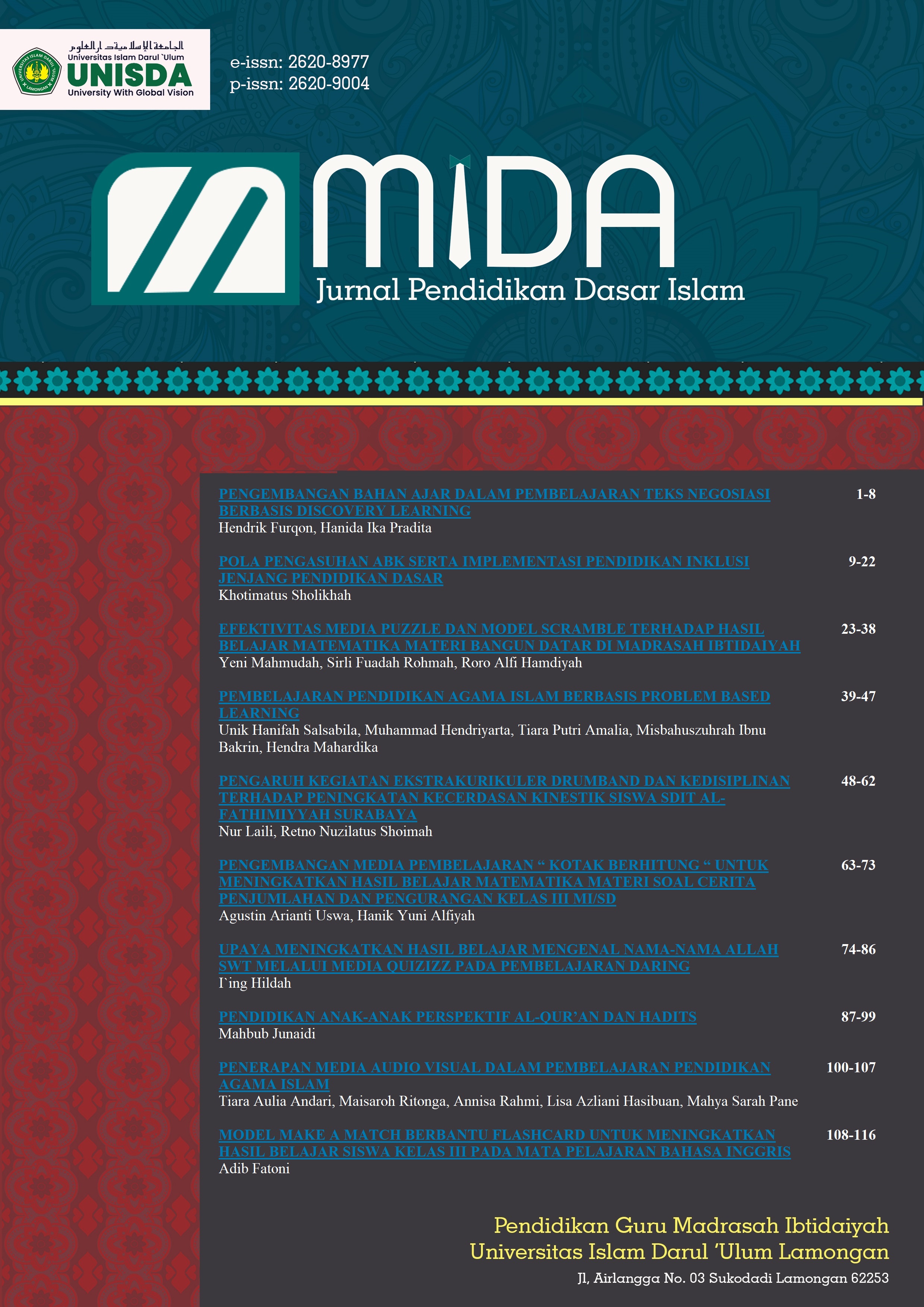PENERAPAN EPISTEMOLOGI BAYANI, BURHANI, DAN IRFANI DALAM PEMBELAJARAN PAI
Abstract
In connection with the theory of knowledge (epistemology), Islam uses many different approaches to study its thinking. In Islam, there are at least three models of thought systems, namely bayani, burhani and irfani, each model representing a different scientific perspective. In western epistemology, these three systems or approaches are known as empiricism, rationalism and intuitionism. This research uses library research, which means collecting data and information from various library materials such as reference books, results of similar research in the past, articles, notes and various relevant journals. The aim of writing this article is to provide a conceptual and methodological basis for understanding and teaching Pai material, as well as providing comprehensive insight for educators and students to explore the meaning and wisdom of Islamic teachings. Based on the results of the analysis, it can be concluded that pie learning provides students with a comprehensive and in-depth experience through understanding and integrating these three epistemologies. Bayani, Burhani and Irfani paradigms create a learning environment that opens up opportunities for balanced intellectual and spiritual exploration and encourages students to become intelligent, critical and knowledgeable individuals about Islamic teachings.
Downloads
References
El-Yunusi, Muhammad Yusron Maulana, Aulia Mufidatus Safiani, and Siti Mafridatul Mahbubah. “Peran Filsafat Pendidikan Islam Dalam Mengembangkan Potensi Individu Masyarakat Berbasis Rohani.” Tsaqofah 3, no. 5 (2023): 988–1001.
Hikmah, Muslimah, Sardimi. “Epistemologi Ilmu Dalam Perspektif Islam.” Akademika 15, no. 2 (2021): 31–40.
Muhammad Arsyam, Aisyah Arsyad, M. Ghalib, Zakirah. “Ilmu Pengetahuan Dalam Al-Qur’an” (2010).
Rangkuti, Charles. “Sekolah Tinggi Agama Islam As-Sunnah Deli Serdang IMPLEMENTASI METODE BAYANI, BURHANI, TAJRIBI DAN ‘IRFANI DALAM STUDI FILSAFAT PENDIDIKAN ISLAM Charles Rangkuti.” Waraqat I, no. 2 (2016): 1–12.
Ridlo, Rasyid. “Penerapan Epistemologi Bayani Dan Burhani Sebagai Metode Pembelajaran.” Manhajuna: Jurnal Pendidikan Agama Islam Pascasarjana STAI Syamsul ’Ulum Gunung Puyuh 01, no. 01 (2020): 19–37.
Rokhmah, D. “Ilmu Dalam Tinjauan Filsafat: Ontologi, Epistemologi, Dan Aksiologi.” Cendekia: Jurnal Studi Keislaman 7, no. 2 (2021): 172–186.
Sari, Milya, and Asmendri Asmendri. “Penelitian Kepustakaan (Library Research) Dalam Penelitian Pendidikan IPA.” Natural Science 6, no. 1 (2020): 41–53.
Soleh, A Khudori. “Model-Model Epistemologi Islam.” Psikoislamika : Jurnal Psikologi dan Psikologi Islam 2, no. 2 (2005): 194–201.
Thaha, Amatillah. “Problematika Pendidikan Agama Islam Di Era Disrupsi Perspektif Epistemologi.” Ar-Rusyd: Jurnal Pendidikan Agama Islam 2, no. 1 (2023): 70–87.

This work is licensed under a Creative Commons Attribution-ShareAlike 4.0 International License.

This work is licensed under a Creative Commons Attribution-ShareAlike 4.0 International License.





